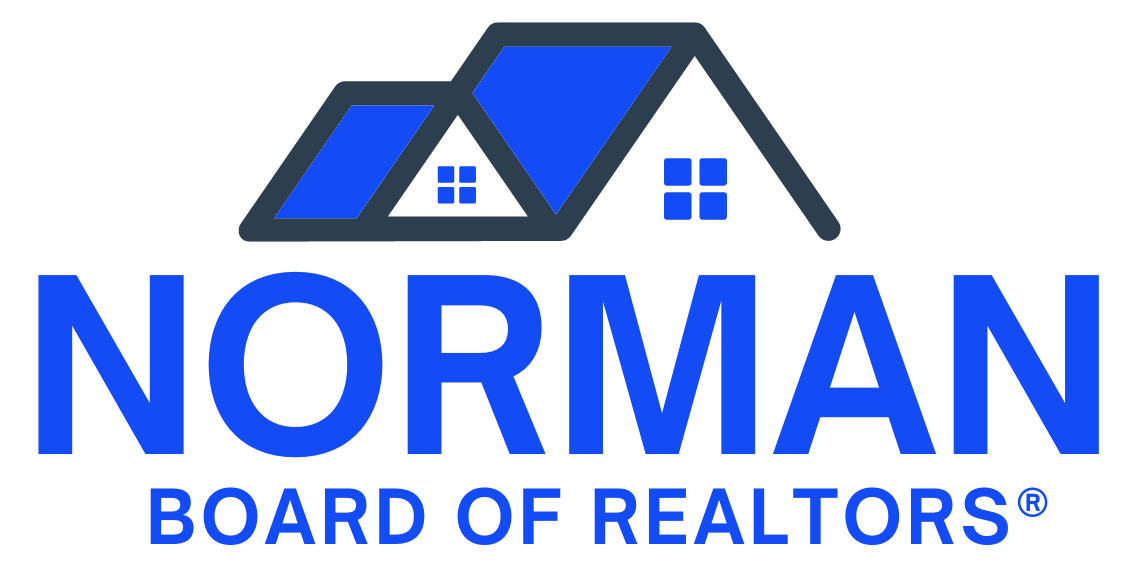A board of directors oversees the activities of a business entity (private or public company, non-profit organization, cooperative, business trust, or family-held entity) and decides how the entity will be run. Members of the board may be appointed by shareholders or elected (bylaws or articles of incorporation). They are compensated via stock options or salary. They are able to be removed from their positions by shareholders, or in the event of fiduciary duty violations which includes selling board seats outside interests and attempting to rig votes to benefit their own companies.
Effective boards are able to balance the needs of stakeholders with management’s vision. They have members from both inside and outside the company. These members are usually selected due to their knowledge and experience in the field, ensuring they possess the appropriate abilities to effectively manage the business. They must be able and assess risks, create strategies to reduce them and monitor the performance of management.
When deciding on new members to join your board, ensure to consider the time commitment they’re entrusted with beyond their duties. It is also important to know when they are available and if there is a conflicts of interest. Meeting minutes that are precise are essential to ensure that all board members know their article source gmps-scheduler.de/examine-boardable-features-and-comparison/ obligations and roles, as well as ensuring accountability for all decisions. Additionally, it is important to create a list of potential candidates early in the process and make sure to inform people about opportunities for board members. This will allow you to identify competent candidates before the term is up, thus avoiding a slowing of strategy.
